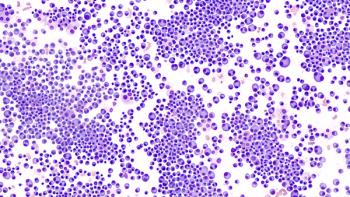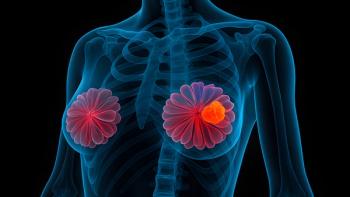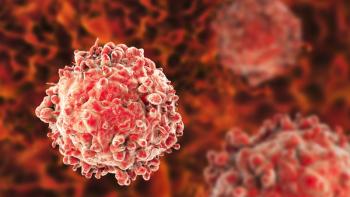
CAR T-Cell Development Time Undergoes Significant Reduction

A new method of developing CAR T-cell products produced infusion-ready cells in under 24 hours.
Investigators may have unlocked a method of developing CAR T-cell therapy while significantly reducing the production time, according to results of a preclinical study recently published in Nature Biomedical Engineering. 1
Typically, manufacturing cells for this type of immunotherapy requires between 9 to 14 days, however, with this innovation, investigators developed infusion-ready cells with antitumor potency in just under 24 hours.2 Furthermore, these findings represent a potential opportunity to reduce the time, materials, and labor needed to make this treatment available for patients, an opportunity which is pressing for patients with rapidly progressive disease and in resource-poor health care environments, experts highlighted.
“While traditional manufacturing approaches used to create CAR T cells that take several days to weeks continue to work for patients with ‘liquid’ cancers such as leukemia, there is still a significant need to reduce the time and cost of producing these complex therapies,” co-lead investigator, Michael C. Milone, MD, PhD, an associate professor of pathology and laboratory medicine at the University of Pennsylvania, said in a press release. “Building on our research from 2018 that reduced the standard manufacturing approach to 3 days, and now to less than 24 hours, the manufacturing method reported in this study is a testament to the potential to innovate and improve the production of CAR T-cell therapies for the benefit of more patients.”
CAR T-cell therapy functions by altering a patient’s immune cells to recognize, bind to, and destroy cancer cells. However, the process of removing T cells from the body can sometimes alter the T cells’ ability to replicate if they are not returned to the body quickly. Therefore, investigators sought new ways to reduce production time and maintain the potency.
Investigators used engineering approaches derived on knowledge of HIV transmission to directly deliver genes to non-activated T cells that had been recently removed the blood. In a traditional manufacturing process, these T cells need to be stimulated or “activated” in order to promote cell replication and expansion. However, by using lentiviral vectors, which come from HIV, the need for initial activation can be eliminated.
The lentiviral vector approach represents 2 key benefits to patients; the newly infused T cells are both available quicker and have maintained potency, according to study authors. It is important to note that patients are not being infected with HIV through this process, they added.
“This innovative approach is remarkable in that it may be able to help patients who might otherwise not be able to benefit from CAR T-cell therapy such as those with rapidly progressing cancer due to significant time currently need to generate these therapies,” co-study lead Saba Ghassemi, PhD, a research assistant professor of pathology and laboratory medicine, at the University of Pennsylvania, added.
“Efficient reprogramming of T cells with a CAR in as little as 24 hours in a more simplified manufacturing process without T cell activation or extensive culture outside the body also offers the possibility of expanding where and when these therapies are produced. Not only might it improve the production capacity of centralized manufacturing facilities, but if simple and consistent enough, it might be possible to produce these therapies locally near the patient, which could be tantamount to addressing the many logistical challenges that impede delivery of this effective therapy especially in resource-poor environments.”
References
- Penn Researchers Shorten Manufacturing Time for CAR T Cell Therapy. Penn Medicine. News Release. March 29, 2022. Accessed March 30, 2022.
https://bit.ly/3DJFU5N - Ghassemi S, Durgin JS, Nunez-Cruz S, et al. Rapid manufacturing of non-activated potent CAR T cells. Nat. Biomed. Eng. 2022;6:118-128. https://doi.org/10.1038/s41551-021-00842-6
Newsletter
Knowledge is power. Don’t miss the most recent breakthroughs in cancer care.
















































































